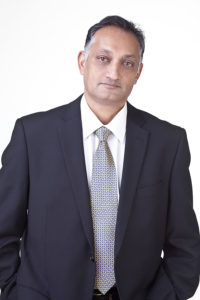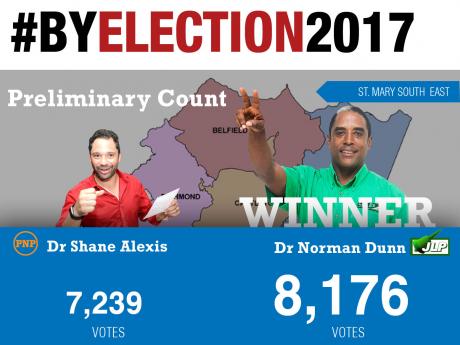A number of people in the region, familiar with CDS’ work, have asked “what is the effect of Cambridge Analytica on your work?” We would like to make some distinctions we feel are important:

Derek Ramsamooj, Chairman of Caribbean Development Strategies, has conducted primary, in-person surveys in the Caribbean region for over 25 years.
Caribbean Development Strategies collects primary data (that means we conduct surveys to ask people directly about their opinions). We do not purchase or use ‘secondary’ data (data collected or reported by other agencies or companies) to formulate our assessments and strategies.
CDS always begins our surveys in the field with a statement about the company’s objective for the survey, and asks participants if they are willing to share their opinions. If they say no, that’s the end of that interaction! We thank them kindly, and move on. We do not collect data without any respondent’s consent.
All of CDS surveys are conducted in the field, face to face. If you have been polled, you know it! We do not use telephone surveys, Internet surveys, email surveys, or facebook and other social media surveys. These all have their place in marketing campaigns of various types, but they are not a part of the tool set we use for determining the current mood of the public in a given place, on issues of importance for our clients.
To answer the question at the top: the scandals involving companies like Cambridge Analytica show that there is a lot to be cautious about in the business of interpreting and influencing public opinion. It is healthy to see increased public scrutiny of practices which are substantially different from the purposes stated to the public about any data-gathering activity.
In the case of several Caribbean countries involved in this particular debate, another equally worrying issue arises: have public funds been used to achieve private goals? Derek Ramsamooj, the well-known strategist and Chairman of CDS, was recently interviewed on this scandal for Trinidad and Tobago’s popular television talk show Morning Edition. His grim assessment: “there have been no clean hands” throughout the short histories of our democracies.
